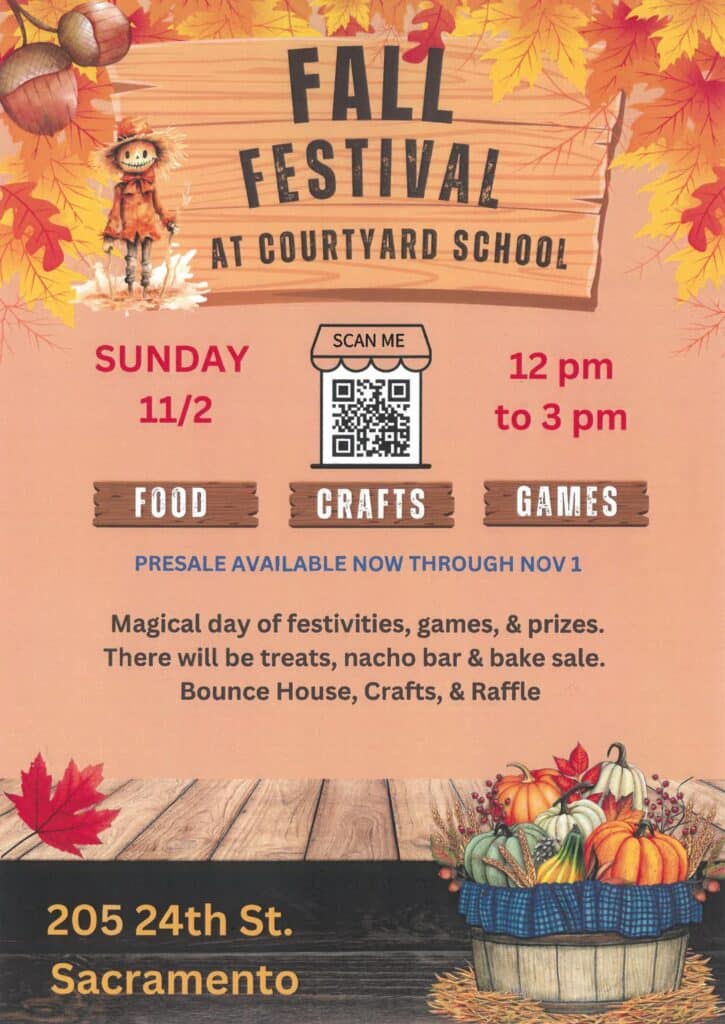Courtyard is proud to offer a comprehensive performing arts program that focuses on Theater and Music. All grades participate in classes twice weekly in classroom spaces dedicated to each art form.
Courtyard students regularly feature in performances throughout the year: a Halloween/Fall Showcase in October, a Winter Showcase in December and a Spring Showcase between April and June. These performances feature spoken word/plays, dance, singing, instrumental music, and collaborative, interdisciplinary acts.
Courtyard also presents a Talent Show in January, in which students can showcase their skills in a variety of artforms and disciplines in presentations of their own envisioning.
In both the showcases and the talent show, students have the opportunity to bring their experiences in the arts from within the classroom and ventures in the larger Sacramento community to the stage
Theater
Courtyard has a dedicated theater arts teacher and all students attend drama and dance class twice weekly. In addition to dedicated performing arts classes, Courtyard teachers integrate drama into each classroom through language arts and social studies. Students are provided an opportunity throughout the year to showcase their talents in regular performances for the school and local community.
The theater program at Courtyard is aligned with California Performing Arts Standards and is designed to develop a lifelong appreciation for the performing arts. Diverse sources of drama and dance are explored and enhance the understanding of art in different cultures. Drama and dance are used as an important tool to support Social Emotional Learning and the development of empathy.
Students practice the process of developing theatrical works from rehearsal to performance. Students learn character development, movement, blocking and theater etiquette. Through rehearsal and performance students build important skills including confidence, public speaking and teamwork. After performances students have the opportunity to reflect on their performances to discover their strengths and opportunities for growth. Students also practice being respectful audience members both in class and at live performances.
Music
The music program at Courtyard is designed to provide extensive, diverse, 21st-century learning and performing experiences for all students. Every student has potential as a vocalist, instrumentalist, listener, composer, improviser, and lover of music. The fundamental elements of music (Tempo, Pitch, Duration/Rhythm, Dynamics, Form/Structure, Timbre, and Texture) are at the center of all music activities, studies, and performances.
Music curriculum approaches draw from an extensive array of methodologies: Kodaly (with a solfege emphasis that includes Curwen hand signs), Orff Schulwerk, Dalcroze, Gordon, and Takadimi.
Vocal Music
As a core aspect of the National Core Arts Standards and the global experience of music, singing is an essential component of the music program. Our voices are inherent to who we are, and singing is one of many forms of self expression that children and adults around the world can experience joyfully.
Students explore intonation, vocal range, breath management, projection, diction, languages, and vocal styles to develop healthy, confident, accurate singing voices as individuals and within a group of singers. They learn to identify different vocal qualities and voice parts in the context of choral music, including voice parts in harmony.
Instrumental Music
Courtyard continues to expand their instrumental program and opportunities for students with a wide variety of interests.
Students begin exploring fundamentals of music with unpitched percussion (rhythm sticks, shakers, drums, blocks, and many more) instruments at an early age, which helps to develop an understanding of different instrument techniques, respect for instruments, and cooperation with a group of musicians playing together as an ensemble.
As they grow, they expand their practice to include simple pitched percussion (xylophones, glockenspiels, bells, boomwhackers) to connect to their developing sense of pitch as vocal musicians and as musicians with experience reading Western music notation.
In the upper grades, students have more opportunities to specialize with instruments like recorders, ukulele, keyboard, bucket drumming, and more unique mixed ensembles.
General Music/Musicianship
Students are musicians even when they are not singing or playing an instrument. They develop active and close listening skills to identify the ways in which fundamental elements of music are at play in all music.
They build a music vocabulary to explain and assess music they hear and music they see. This includes Western music notation and exploration of notation and non-written musical traditions.
Their understanding and fundamentals allow them to grow as literate musicians who can translate what they hear into written representation and bring notated music to life as singing and playing musicians.

